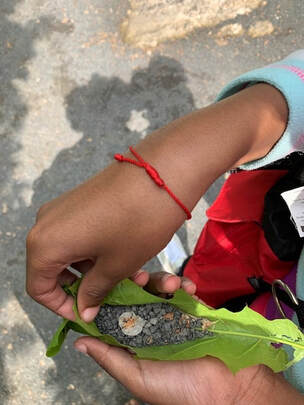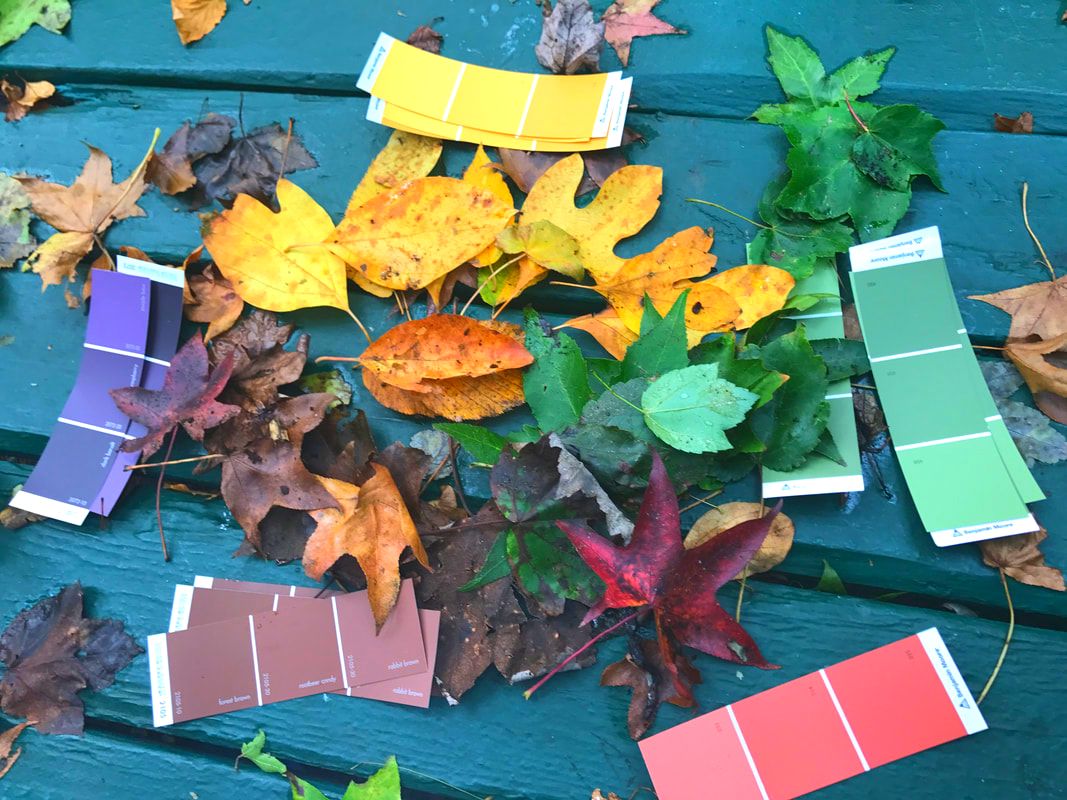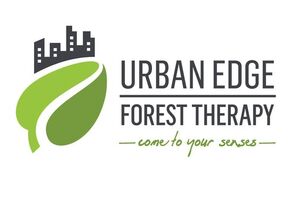 Just as nature’s creations present in a range of colors, from birds' vibrant plumage and flowers' alluring array to the infinite variations of human skin tone, nature is agnostic about the color of skin of humans who enjoy outdoor pursuits. Flora and fauna have no preference or bias about whether the humans they encounter are white, pink, brown, or black, or any other shade. Yet, for too long people of color have felt, and have been, excluded from outdoor pursuits, like backpacking, hiking, climbing and swimming. For People of Color living in urban areas, outdoor resources often are more challenging to access. To reach a hiking trail may require a car, and the most well-tended and spacious urban parks are often not conveniently located. The challenges of accessing nature results in reduced participation, which in turn reinforces perceptions that PoC do not belong in nature. It is in this context that the encounter between dog owner Amy Cooper and birder Christian Cooper in Central Park’s Ramble is troubling beyond the alarming potential for Amy Cooper’s call to the police complaining of harassment by “an African American man in the Ramble” to result in a gentle birder, who happens to be black, falling victim to policy brutality. Chris Cooper is a familiar, friendly face to many who frequent the park's wooded areas. Yet, Amy Cooper’s reaction highlights the all-too-frequent perception that people of color do not belong in the outdoors, or if they are there, it is for menacing reasons. The encounter drew appropriate outrage, and coupled with recent horrific murders of black people by police no doubt contributed to the strong, continuing protests for racial equity. Until only recently, organizations aimed at connecting people with the outdoors conveyed a sense that outdoor pursuits were the domain of white people. While this likely was inadvertent, benign oversight can have insidious results, reinforcing perspectives about black people in the out of doors. Fortunately, this is changing. The incident in Central Park gave rise to Black Birders Week, an initiative to celebrate black nature enthusiasts, and called out the challenges for black people pursuing outdoor activities (witness the shooting death of Ahmaud Arbery while jogging). Organizations like REI, the Sierra Club, and the Appalachian Mountain Club increasingly are diversifying the people pictured in their marketing materials and have featured programs and discussions aimed at equity and inclusion. Organizations like Outdoor Afro, Black Urban Growers, are emerging to facilitate greater participation by black people in nature-focused activities, and right here in New York City, Vivian Kurnitz’s Harlem Wellness Center has launched a number of initiatives to engage black people with nature-based experiences. Since its founding in 2017, a core part of Urban Edge’s mission has been Community Outreach and enabling a nature connection, and its benefits, for those for whom access to nature has been challenging. While we are on pause now during the COVID-19 crisis, when we can resume gathering people together it will be with added vigor in enhancing equities in access to nature. These are important steps, but there is more to be done.
0 Comments
 The events of the past several weeks—the murders of George Floyd, Ahmaud Arbery, and Breonna Taylor by police officers--exposes the extreme systemic racism and violence directed at certain human beings because of the color of their skin. These deaths follow the horrific murders of Black people by law enforcement over the past several years--Sandra Bland, Michael Brown, Eric Garner, Freddy Gray, and sadly many more. And these deaths overlay the wretched circumstances of the last few decades: mass incarceration, persistent discrimination, and lack of access to decent housing and environmental conditions, banking, education, and health care. Which follow the shame of the past three centuries: slavery and all of its brutality and Jim Crow. Racism is a human invention. It does not exist in nature. Yes, to quote Tennyson, there is the image of nature “red in tooth and claw”, a world of Darwinian competition. But that is different. Nature does not discriminate, and there is much we can learn from our interactions with nature. How we admire the beauty of nature’s kaleidoscope of variation! The rainbow of colors of birds and flowers; the alluring shades of green among plants; the stripes, spots, blotches, of mammals fill us with awe and wonder. Would we ever suggest that one hue of flower is to be singled out, castigated, and destroyed? Would we dare say that a blue flower is somehow less worthy than a pink flower, or that a yellow bird is less of a bird because of its tint? And yet, all too often people of color find themselves viewed and treated as lesser humans simply because of their skin color. All too often the color of one’s skin can lead to a destiny that is diminishing, with opportunities denied, and futures destroyed. This is a human invention, and we have the capability to remedy the widespread racism that has become impossible to “white wash”. Let us learn from our encounters with nature to think no less of fellow human beings because of the color of their skin. |
About this Blog
Hi! I'm Nancy Kopans, founder of Urban Edge Forest Therapy. Join me on an adventure to discover creative ways to connect with nature in your daily life, ways that are inspired by urban surroundings that can reveal unexpected beauty, with the potential to ignite a sense of wonder. Archives
April 2023
Categories
All
|

 RSS Feed
RSS Feed